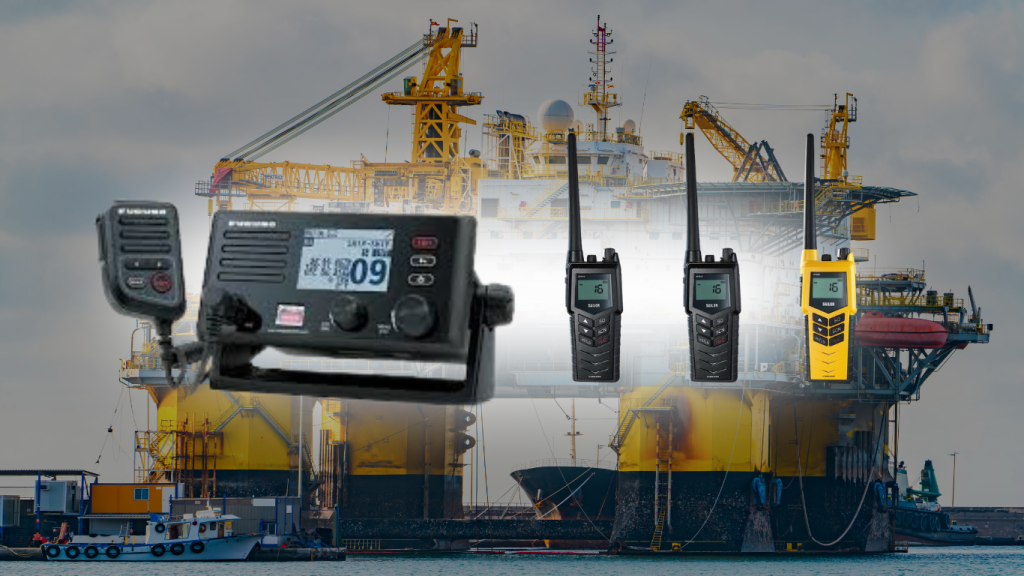
VHF FM and VHF AM radios may sound similar, but they serve very different purposes. This blog explains their key differences, uses, and where each is applied.
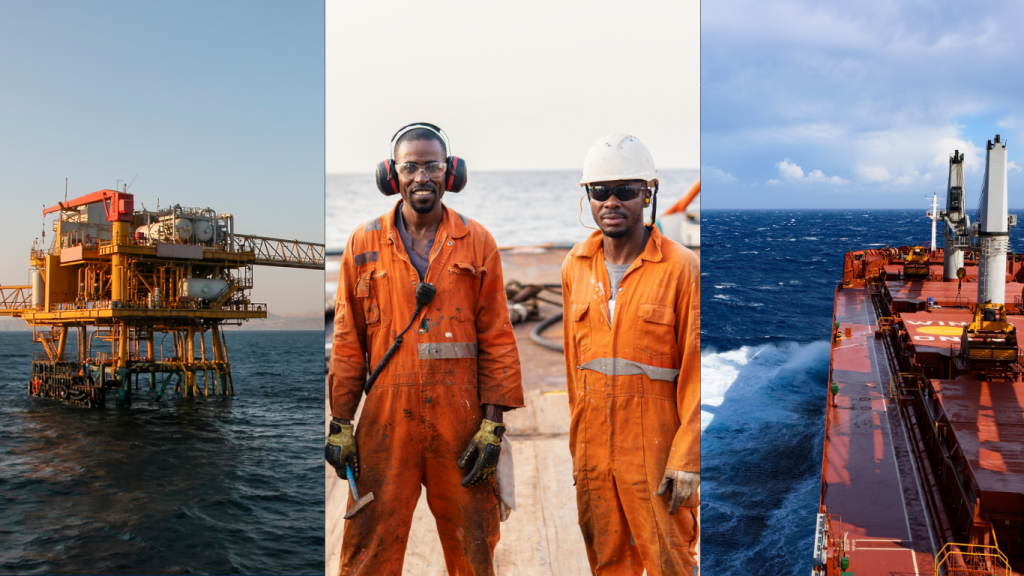
Stay connected offshore with the Starlink Gen 3 router. Wi‑Fi 6, tri-band performance, and multi-device support ensure reliable satellite internet for harsh & hazardous environments.
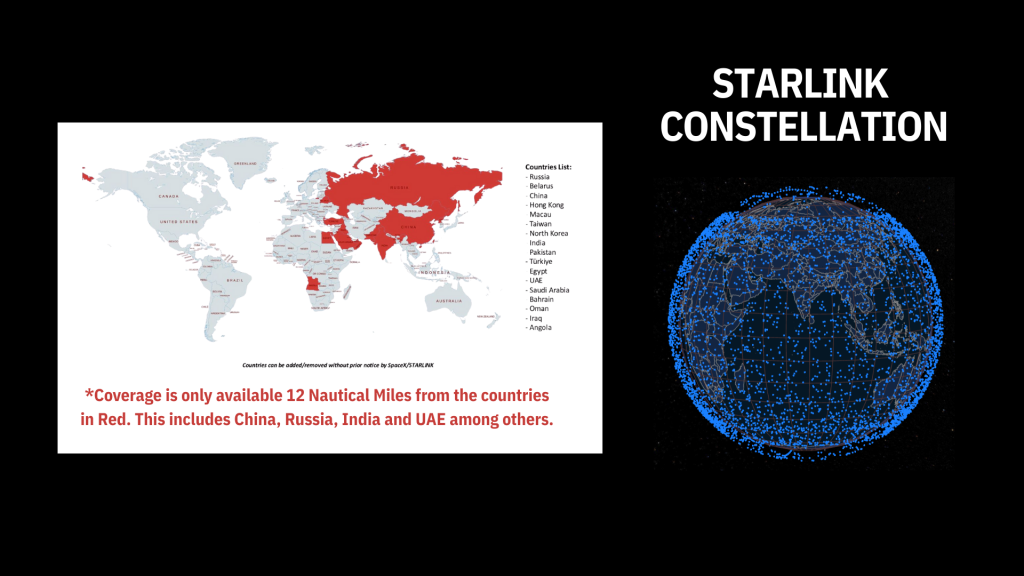
Vivo Connect combines Starlink and OneWeb to deliver reliable, high-speed connectivity tailored for offshore and maritime operations. Backed by our expert team, every upgrade is carried out to meet strict international standards—keeping your crew connected and your operations running smoothly.
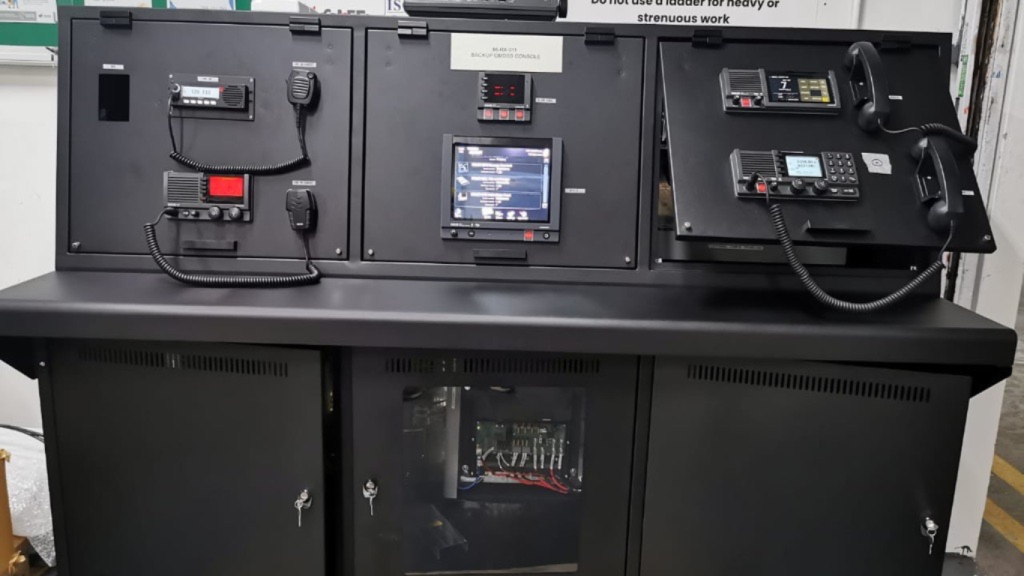
Integrating additional VHF and UHF radios with GMDSS enhances safety, coverage, and operational efficiency on large offshore vessels.

IEC 61892 is the key standard for safe and reliable communication equipment on offshore oil and gas platforms. It covers installation, hazardous area safety, and system performance to ensure critical telecom systems like PAGA and UHF radios work flawlessly in harsh offshore conditions.
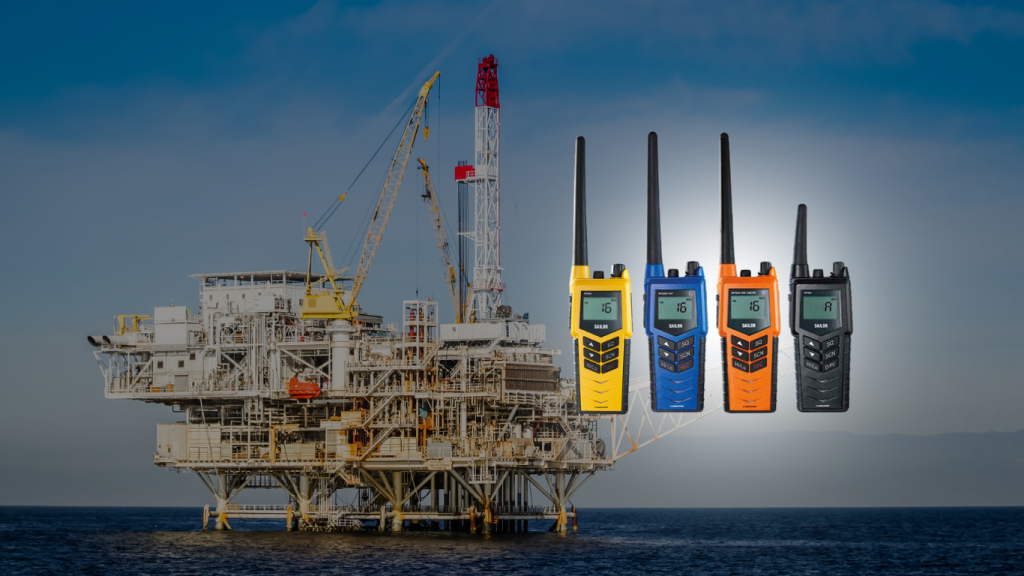
UHF and VHF radios serve different purposes based on their frequencies and environments. UHF radios are ideal for indoor and obstructed spaces, while VHF radios are better for long-range communication in open areas. Choosing the right one can significant.
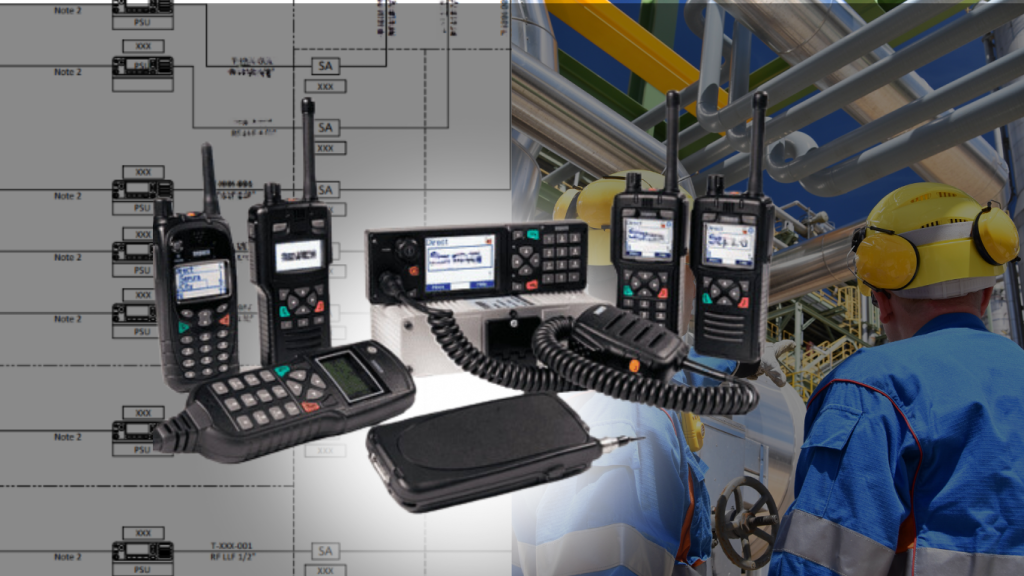
TETRA UHF systems are vital for offshore safety, providing reliable communication, emergency alerts, and secure data transmission in harsh environments. Learn how these systems enhance safety and operational efficiency for offshore crew and operations.
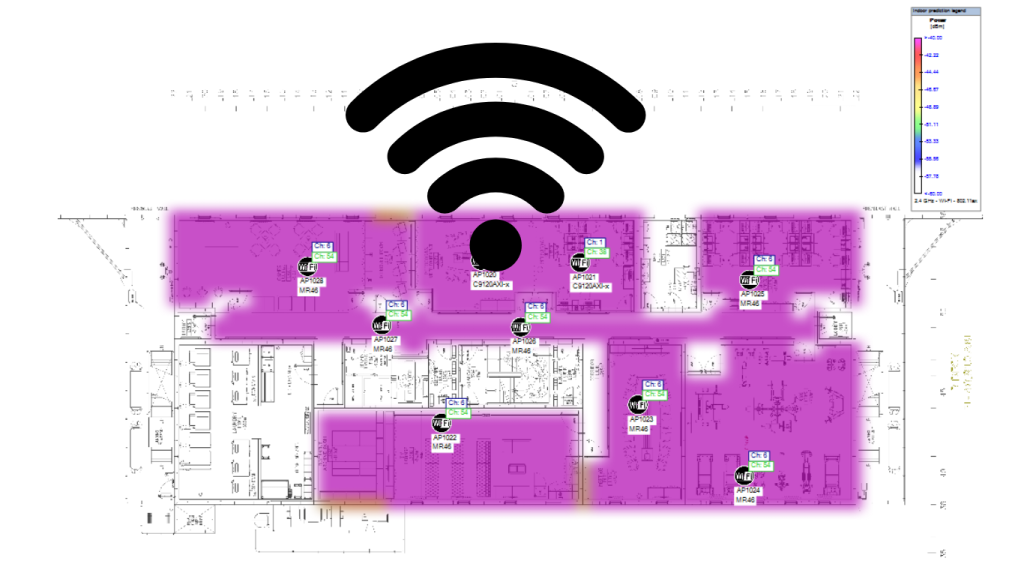
Reliable WiFi coverage on an FPSO vessel is essential for operations and communication. When placing WiFi APs, factors such as metal structures, RF interference, and hazardous zones must be considered.
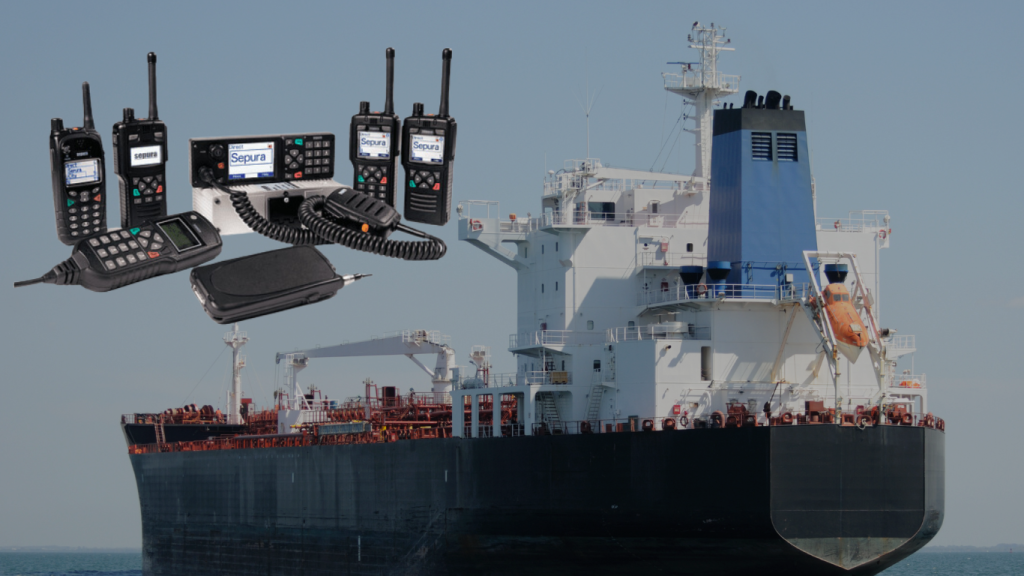
TETRA also known as Terrestrial Trunked Radio UHF Radio Systems play a transformative role in offering enhancing reliability, security and efficiency. In highly dynamic and safety critical environments of FPSO vessels, reliable communication systems are paramount.
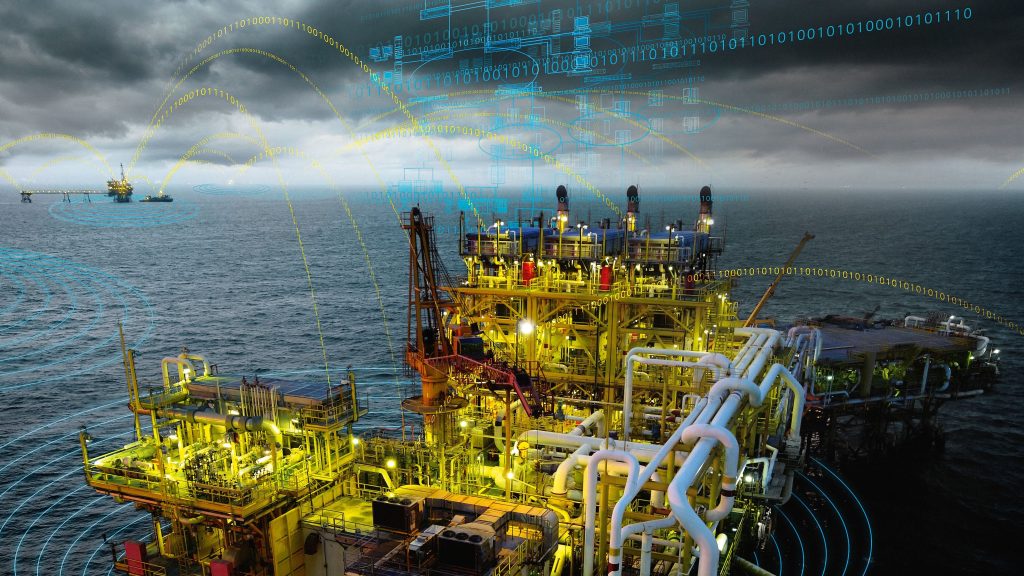
Seamless communication is vital in oil and gas for safety, efficiency, and productivity. Wireless technologies enable real-time collaboration between onshore and offshore teams, even in remote environments. This blog explores their impact and benefits.
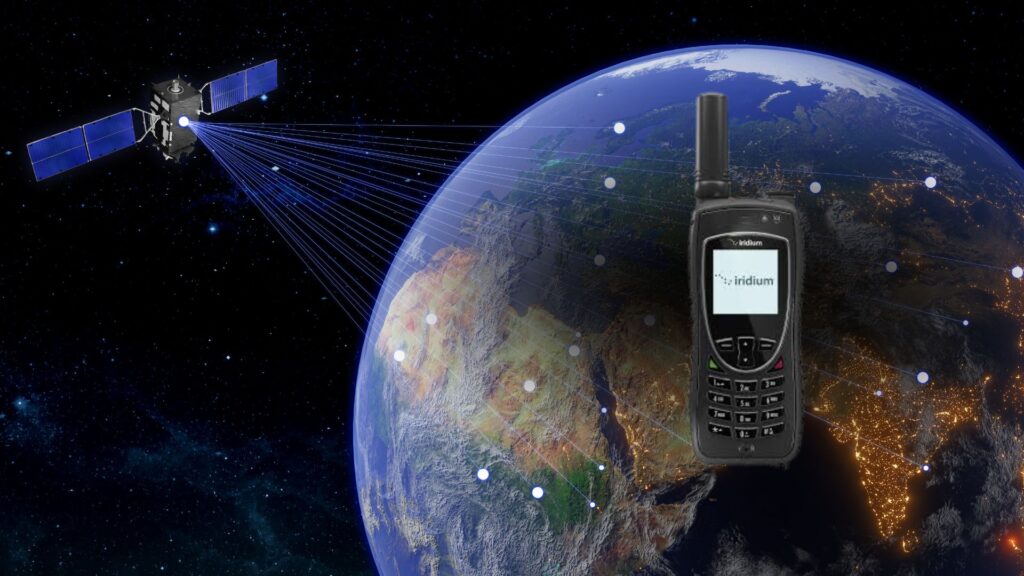
A satellite phone connects directly to satellites orbiting Earth instead of using cell towers like regular phones. This allows it to work almost anywhere, depending on the satellite network.

Aeronautical radio systems serve as a vital communication link between offshore platforms and the aircraft that support their operations. Let’s delve into the importance, components, and best practices for aeronautical radio systems in the offshore energy sector.
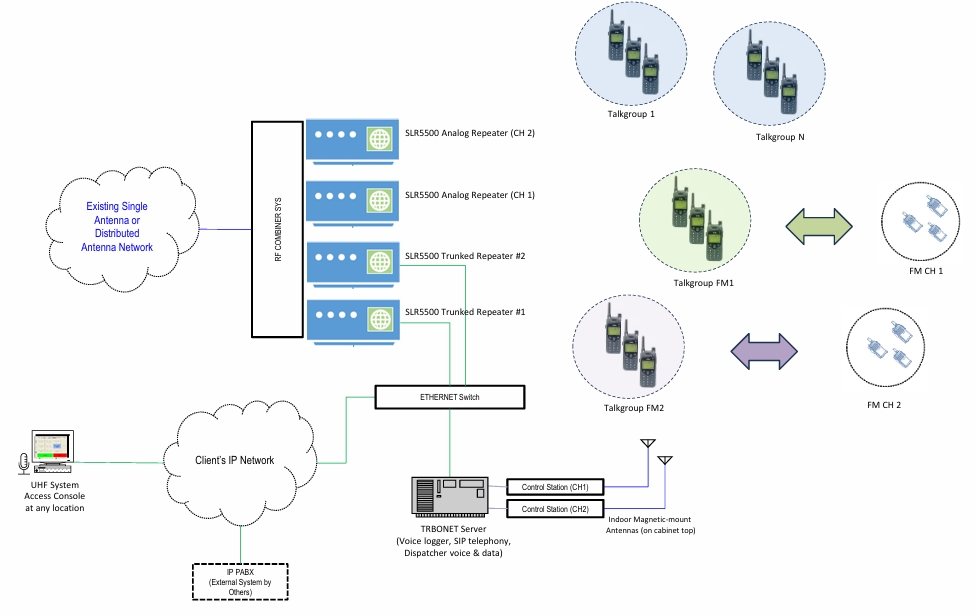
One significant upgrade for FPSO vessels is moving from an analog to digital UHF radio system. As FPSOs evolve to meet modern industry demands, communication systems on board must also transition to more reliable and efficient technologies.

The transceiver is a device that combines a transmitter and a receiver in a single unit. These devices enable two-way communication, a crucial capability in the demanding environment of the open sea.

Explores the key aspects of cybersecurity in industrial wireless networks and offers strategies to mitigate potential threats.

Antennas for radio communication on FPSO vessels play a pivotal role in enabling effective radio communication with onshore facilities, other vessels, and helicopters.
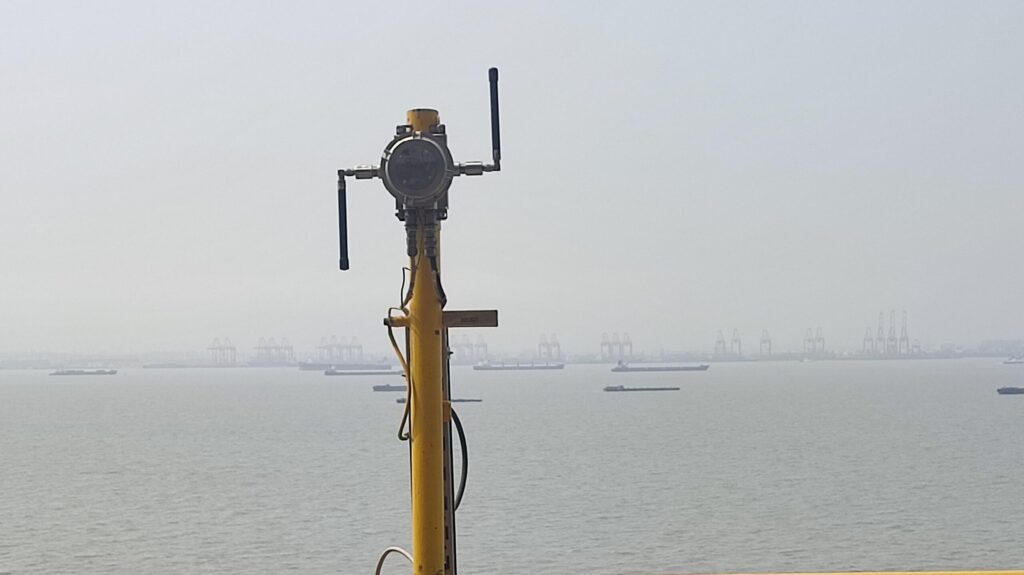
Installing external WiFi access points on FPSO vessels helps enhance operational efficiency and productivity by overcoming the challenges of the marine environment.
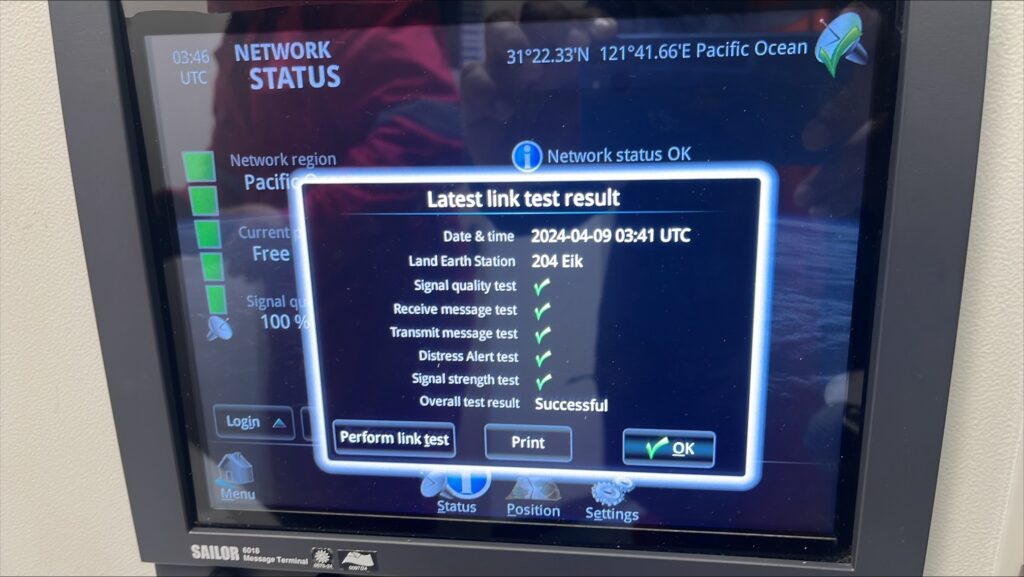
Conducting an Inmarsat C link test is an indispensable aspect of maritime communication management, ensuring the system’s readiness for critical situations.
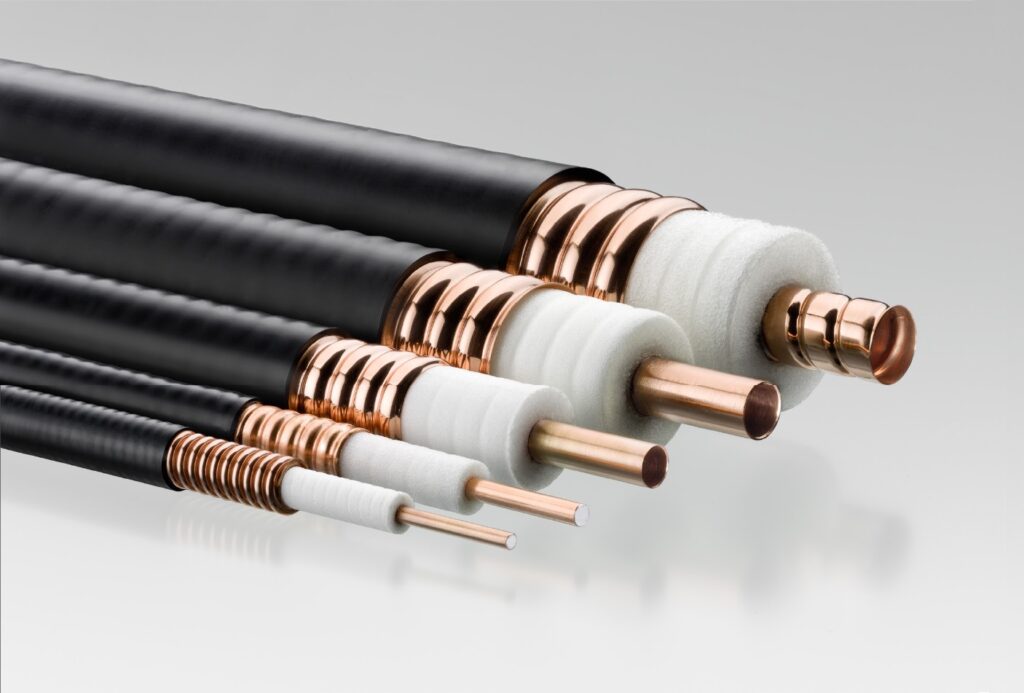
The use of radiating cables for VHF/UHF Systems in maritime environments emerges as a critical solution to overcome the hurdles presented by the dynamic and harsh maritime environment.
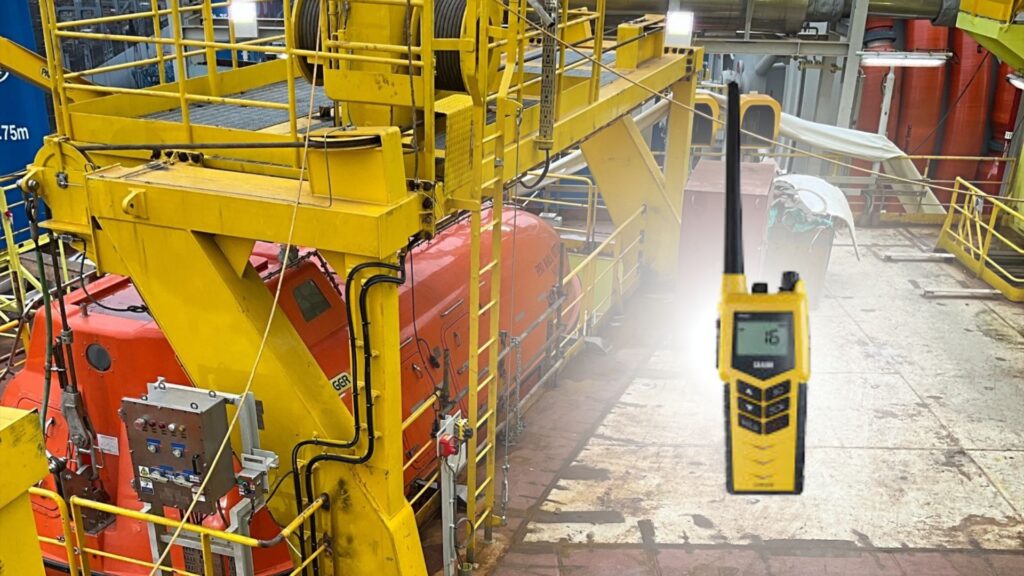
In maritime emergencies, reliable means of communication can mean the difference between rescue and tragedy.

In industrial operations, where risks loom large and safety is non-negotiable, wireless systems are transforming safety protocols from reactive to proactive.

Among the array of communication technologies available, MF/HF radio systems stand as stalwarts, providing reliable long-range communication essential for maritime operations.
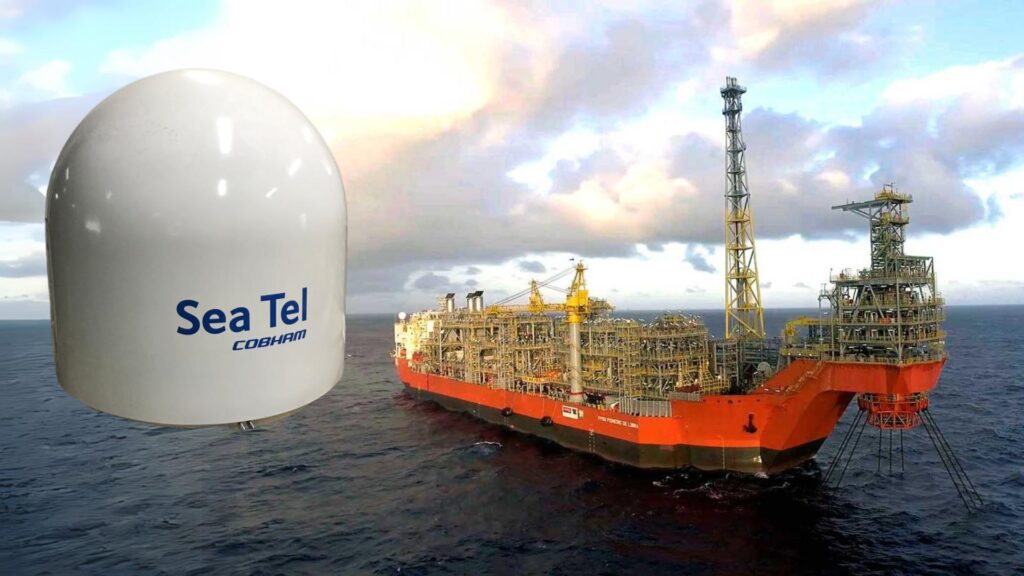
IPTV antennas and VSAT antennas serve distinct yet complementary functions onboard FPSO vessels
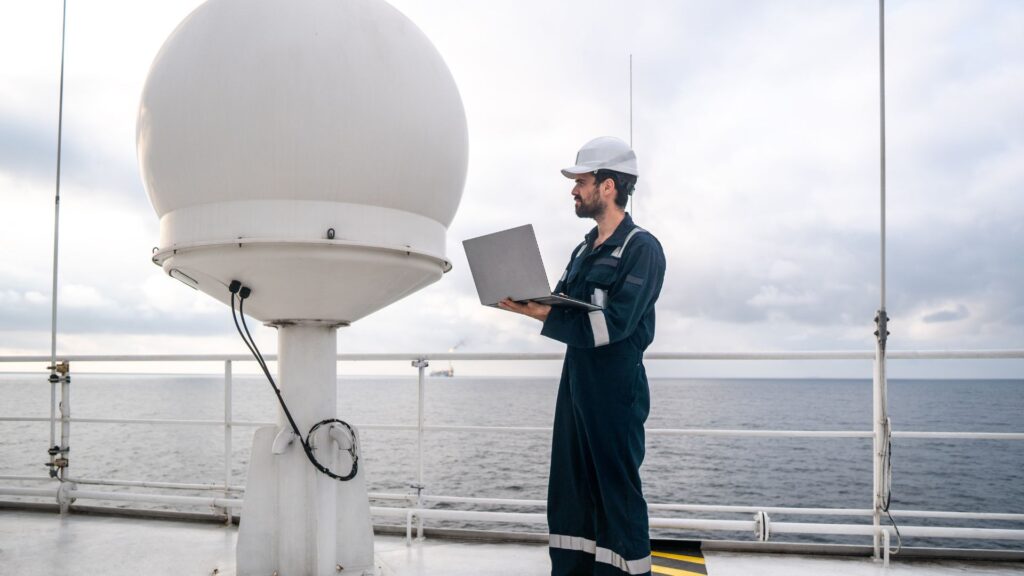
The installation of VSAT systems on FPSO vessels represents a significant investment in enhancing connectivity, efficiency, and safety in offshore operations. Therefore, it is important to get the right team on the job!
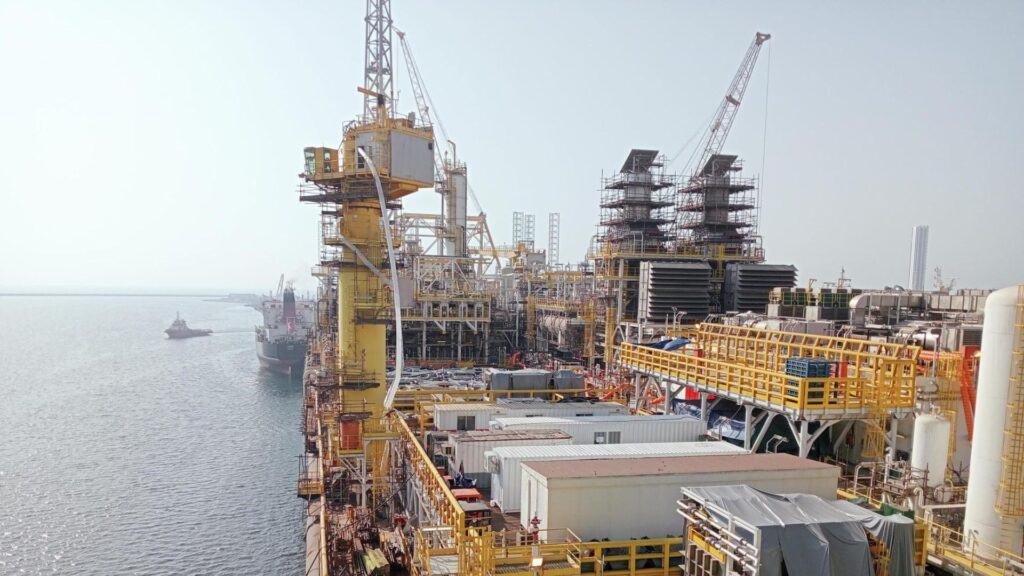
Installing crane radio systems requires meticulous planning, technical expertise, and a steadfast commitment to safety and regulatory compliance.

By leveraging wireless sensors and actuators, clean room operators can gather comprehensive data and swiftly respond to deviations, thereby upholding stringent cleanliness standards.
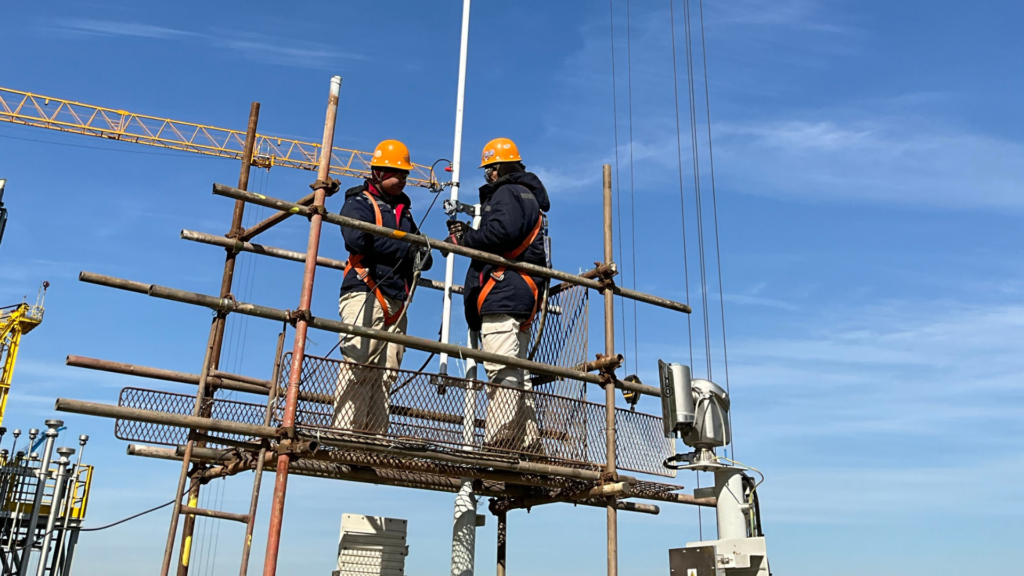
MF/HF systems on FPSO vessels provide robust connectivity in remote locations and ensure the safety and efficiency of operations.

Traditional VSAT systems have long been the go-to solution for remote connectivity, but Elon Musk’s Starlink satellite communication is emerging as a disruptive force

The adoption of wireless IP systems in the oil and gas industry marks a significant leap forward in terms of operational efficiency, safety, and overall productivity.

Traditionally associated with wireless audio and simple data transfer, Bluetooth has evolved to become a crucial player in the digital transformation of the oil and gas industry.

Explore the standards set within the oil and gas sector to ensure the seamless integration and reliable performance of satellite communication systems.

One pivotal innovation that has gained significant traction is the integration of wireless systems in factories.. This paradigm shift has not only improved operational efficiency but has also paved the way for smarter, more agile manufacturing environments.

In a world where effective communication is the backbone of success, investing in a UHF/VHF radio coverage study is a strategic decision for any organization relying on radio systems.
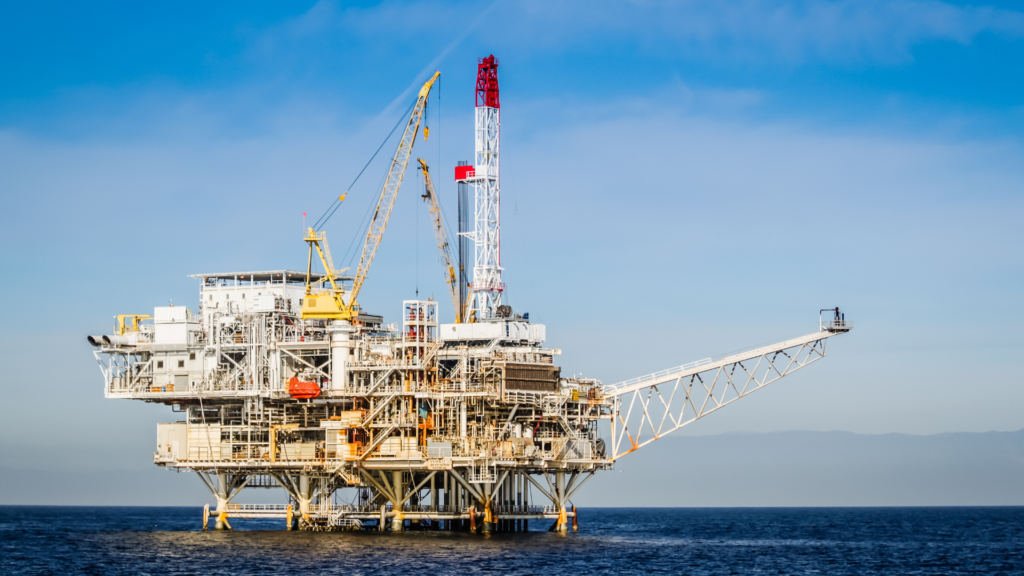
Wireless systems have emerged as a game-changer, offering significant improvements in efficiency, safety, and data management in the Oil & Gas Industry
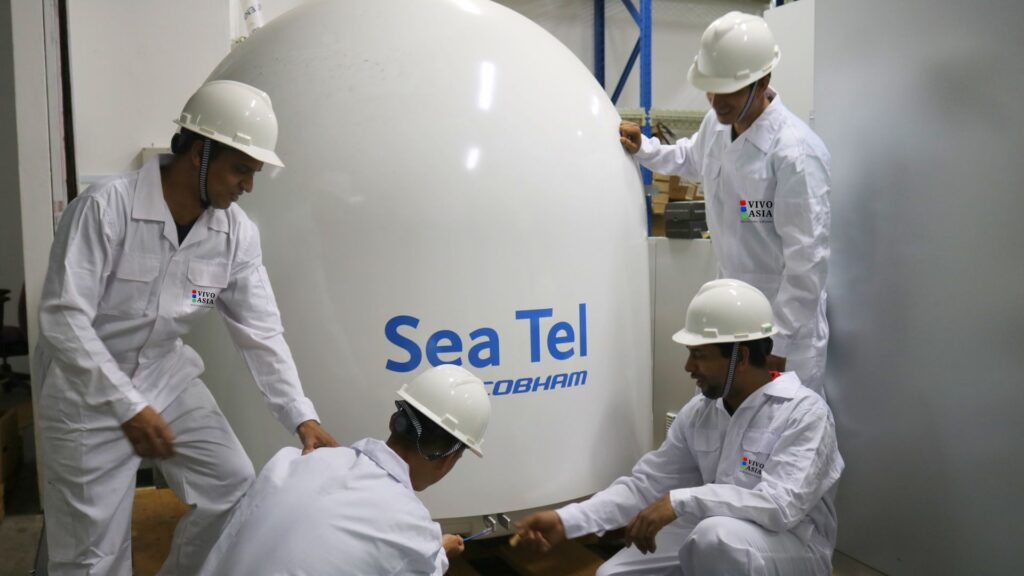
To ensure efficient operations and seamless communication on the FPSO industry, selecting the right VSAT system is paramount.
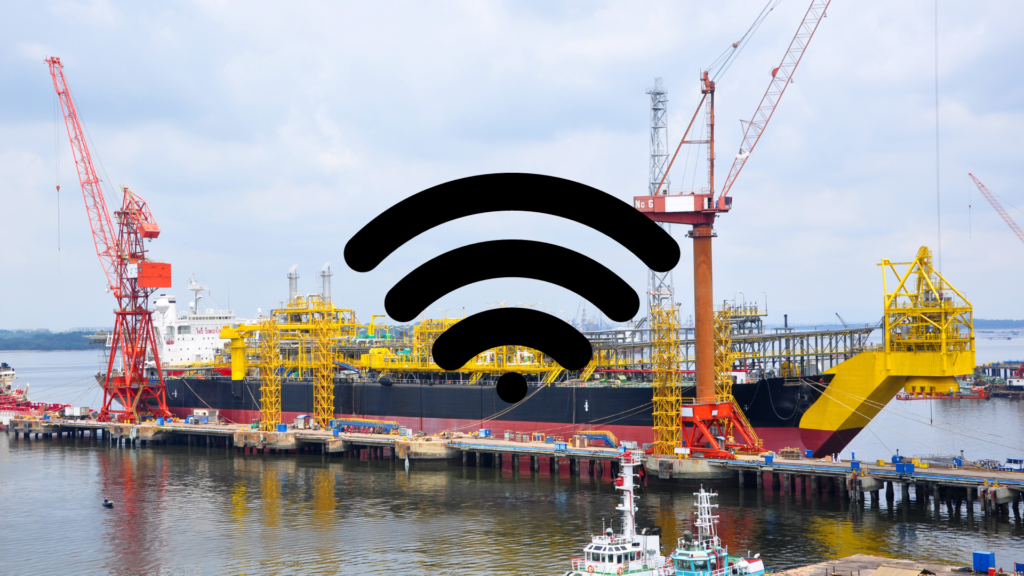
Wireless Communication Systems on FPSOs
Wireless communication systems on FPSOs are vital for ensuring efficient, safe, and productive offshore operations.
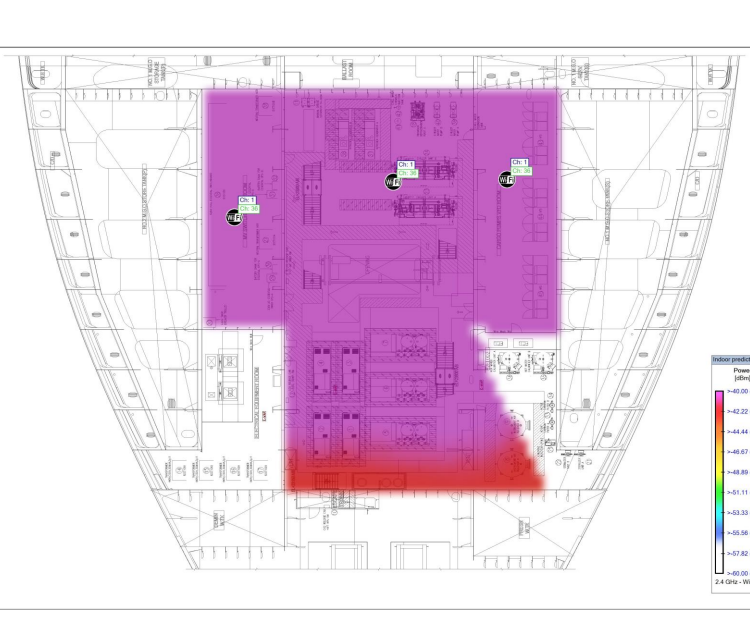
Vivo Asia has been providing solutions for FPSOs to have sufficient wi-fi coverage in the topside module areas.

Whether you are upgrading an existing network or starting from scratch, this guide will walk you through the key steps and considerations for installing industrial WiFi systems.

The importance of UHF/VHF radio systems for maritime vessels and a step-by-step guide on how to install them.
